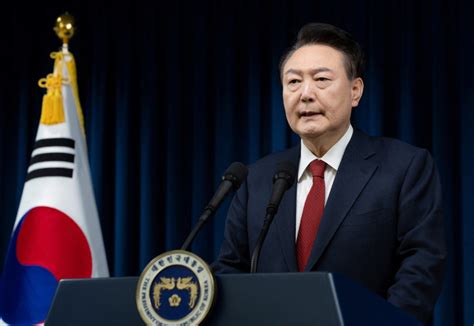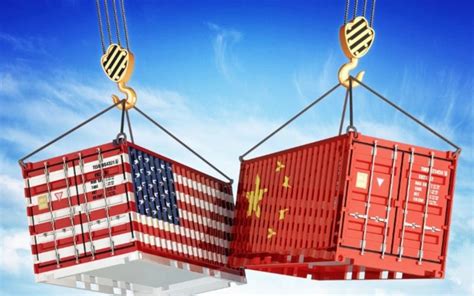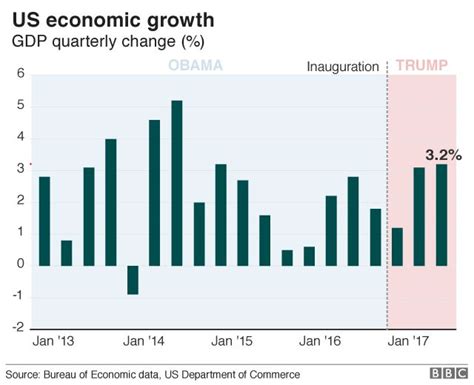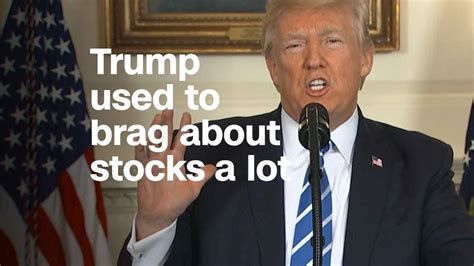After a tumultuous period, South Korea is finally turning the page on a chapter that saw its president, Yoon Suk Yeol, ousted from power. The Constitutional Court’s unanimous decision to uphold his impeachment has set the stage for significant changes in the country’s political landscape.
Reactions to the Verdict
The ruling was met with a mix of emotions as supporters and critics of Yoon gathered in different parts of Seoul to witness the historic moment unfold. Tears of joy and sadness flowed, underscoring the deep divisions that have emerged during Yoon’s tenure.
A New Beginning
With a snap election scheduled to choose Yoon’s successor by June 3rd, South Korea is poised for a fresh start. The removal of Yoon from office marks a crucial juncture for the nation as it seeks to heal and forge ahead under new leadership.
As the dust settles on this unprecedented episode in South Korean politics, there is a sense of relief among many citizens who see the court’s decision as a reaffirmation of democratic principles. The verdict serves as a reminder that no individual, regardless of their position, is above accountability.
Expert Analysis
Experts view this moment as an opportunity for South Korea to reassess its governance structures and prevent similar crises in the future. Calls to reform the constitution to limit presidential powers are gaining traction, signaling a broader conversation about institutional checks and balances.
Moon Hyung-bae’s scathing critique of Yoon’s actions underscores how fragile democracy can be when leaders overstep their bounds. By highlighting how martial law eroded basic rights and undermined democratic norms, the Court sent a clear message about upholding constitutional values.
Social Divisions
Yoon’s presidency was marked by polarizing rhetoric and conspiracy theories that fueled extremism within certain segments of society. His refusal to accept responsibility for his actions further deepened existing rifts, leaving behind a nation grappling with distrust and uncertainty.
The rise of far-right ideologies and mass protests reflect simmering tensions that threaten social cohesion in South Korea. As calls for unity clash with entrenched beliefs, navigating these fault lines will be essential for healing national wounds left by Yoon’s turbulent rule.
The Road Ahead
Amidst growing economic challenges exacerbated by external pressures such as Trump’s trade policies, South Korea faces formidable tasks ahead – selecting a new leader amidst heightened public skepticism towards institutions like the Constitutional Court.
Yoon’s departure has created both opportunities and challenges for South Korea as it seeks stability amidst turmoil. How the country navigates this period will determine its trajectory in an increasingly complex geopolitical landscape where strategic decisions carry long-term consequences.









Leave feedback about this